Inclusive Leadership – Conversation with Emily Abbam
More
About Emily
Emily joined Rapport in 2019 as Learning and Engagement Business Partner. In this role, she championed DEI initiatives, and chaired EmbRace You, Rapport’s Race and Ethnicity Network. Now as Head of DE&I, Emily leads the delivery of Rapport’s Diversity and Inclusion strategy and empowers our leaders by sharing best practice to ensure an inclusive workplace culture.
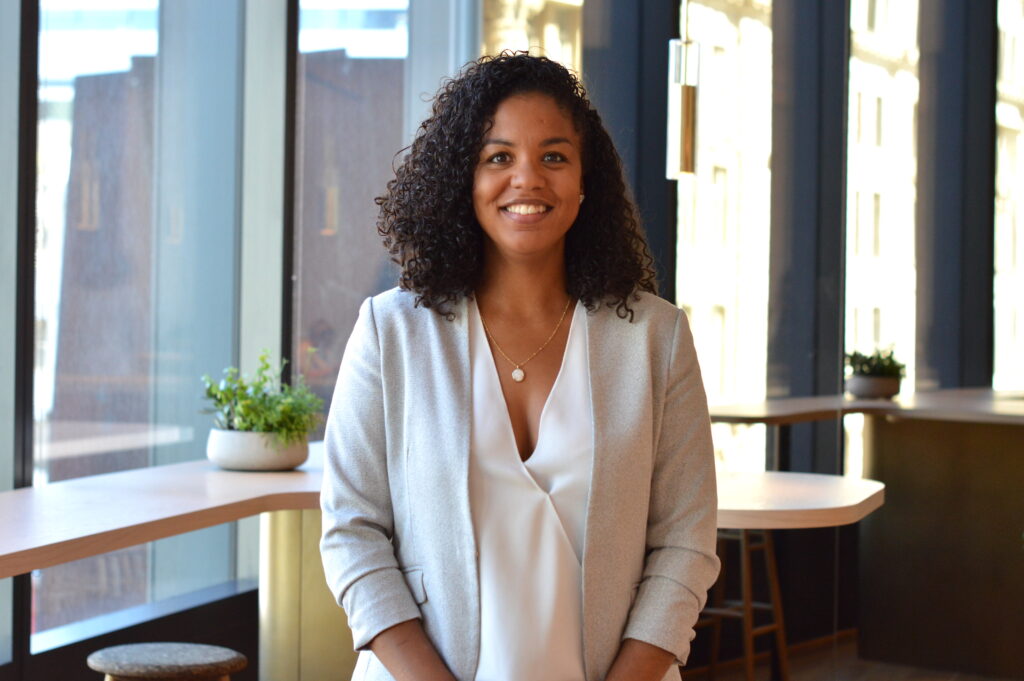
Emily’s passion for kindness, equity, and integrity stems from personal experiences and strong values instilled by her parents. Both of Emily’s parents dedicated their careers to mentorship, education, and creating opportunities for others.
Emily’s mother was a special needs teacher and always demonstrated kindness, equity and integrity when supporting the children in her class. She cultivated an environment of care and patience, which deeply influenced Emily’s own values and approach to leadership.
Emily’s father, an architect, became a mentor to many young professionals, leading with respect, kindness, and compassion. He supported younger professionals with work experience opportunities and guidance to help them build their careers. Through his leadership, Emily learned the importance of opening doors for others and ensuring that no one is left behind.
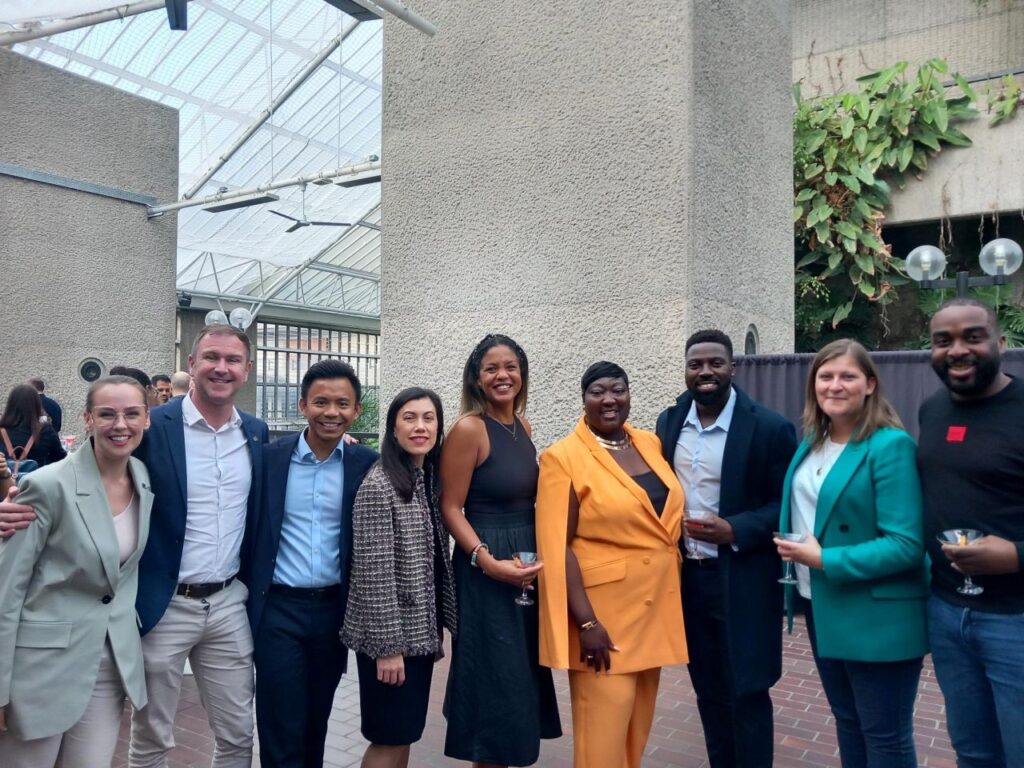

What Inspired you to pursue a career in Diversity, Equity, and Inclusion?
“I have always been conscious of the importance of creating environments where everyone feels included and happy at work. Supporting people with their personal development has been one of the most fulfilling aspects of my career.
My role as Head of DEI is rooted in both my personal experiences and a deep belief in the power of inclusion. Growing up, I witnessed how certain voices were often overlooked in schools and workplaces, which motivated me to be part of changing that dynamic.
My passion for DEI really came to life when I took a lead role in the creation of Employee Resource Groups at Rapport, including the EmbRace You Network.
Through this work, I developed a deeper understanding of how to build inclusivity for our ethnically diverse team members. These experiences inspired me to pursue a DEI-focused role, where I continue to be driven by the opportunity to create systemic change. I firmly believe that no one should ever be excluded or undervalued because of their background, and I’m committed to ensuring that inclusion is at the heart of every workplace.”
What do you see as the biggest challenges facing diversity, equity, and inclusion efforts in workplaces today?
“This is such an important question, especially given the current political climate. While there are certainly challenges, I remain optimistic because of the growing momentum in the UK and the increasing buy-in from leadership, which is so essential to lasting progress.
Some of the biggest challenges facing DEI efforts today include resistance to change, maintaining consistent leadership buy-in, and avoiding tokenism or performative actions. Without clear accountability and authentic support from leadership, it can be difficult to drive meaningful, systemic change. Another challenge is addressing intersectionality and meeting the unique needs of individuals who belong to multiple underrepresented groups. Sustaining momentum is also a key struggle, particularly during economic pressures when organisations may deprioritise DEI—something we’ve seen mirrored in the States.
Overcoming these challenges requires education, robust data, and embedding DEI into the very fabric of an organisation’s culture. At its core, it’s about ensuring people can thrive in the workplace.
I also encourage people and organisations not to believe the hype—DEI is not dead. We look forward to continuing to embed the fantastic work we’ve achieved so far within Rapport and to building an even more inclusive future.”

How do you ensure that DEI initiatives are sustainable, rather than just short-term solutions to immediate problems?
“To ensure DEI initiatives are sustainable, it’s important to embed them into the organisation’s culture and operations. This starts with aligning DEI goals to the overall strategy, making it clear that inclusion isn’t just a short-term priority but woven into the fabric of everything you do. I am responsible for our DEI strategy within Rapport, and this is something firmly on our agenda. We have been able to review our Ambassador Journey considering how DEI embeds at every stage – from attraction, right through to departure.
Leadership accountability is critical—senior leaders need to actively champion DEI, model inclusive behaviours, and be held accountable for progress. We continue to develop DEI training sessions to support our people and are currently developing better metrics to be able to better measure progress in this area. This year we have also launched our Reciprocal Mentoring Programme partnering 10 aspiring ethnically diverse leaders with 10 establish leaders across our business to further support our teams development and cultural competence.
Our Be Yourself Networks allow our front-line teams and our leadership to provide continuous feedback and develop and deliver on initiatives and events which creates a sense of shared ownership and ensures the activity resonate across our teams.
Finally, ongoing education and training to shift mindsets and address biases. DEI isn’t a one-time initiative – it’s a continuous journey of learning, adapting, and growing. By integrating DEI into every aspect of the business, from hiring practices to engagement, we can create lasting change and a workplace where everyone can thrive.”
Are there specific ways that our DEI initiatives help employees feel a greater sense of belonging at work?
“Our DEI initiatives are designed to foster a greater sense of belonging by creating spaces where employees feel valued, heard, and connected. For instance, our Employee Resource Groups, like Be Well Network, provide a supportive community that focuses on wellbeing and how we can proactively support our teams in and out of the workplace.
We also focus on equipping our leaders with inclusive leadership training, as part of their Inspire Programme to ensure that every team member feels respected and included. Celebrating diversity through events and storytelling, as well as tailoring initiatives based on employee feedback, ensures that our approach reflects the needs and values of our workforce.
We are proud that we develop our Be Yourself Network Calendar each year with our seven networks to organise a diverse array of initiatives, events and activity which builds community, engages our teams and promotes inclusion. Ultimately, belonging is about making sure that employees feel they can bring their full selves to work and know they’re valued for who they are.”
Are there any emerging areas of DEI—such as neurodiversity or equity in remote work—that you think organisations need to pay closer attention to?
“There are several emerging areas of DEI that I believe organisations should prioritise in the coming years.
Firstly, neurodiversity is a growing focus. As organisations strive to better support both teams and clients, it’s vital to create inclusive environments that embrace cognitive diversity. This is a priority area for us at Rapport, and we’re excited to deliver more learning opportunities for our leadership teams in 2025 to ensure we can better support neurodiverse individuals.
Social mobility is another critical area. As organisations look to remove barriers for individuals from less privileged socioeconomic backgrounds, we are focusing on providing access to meaningful career opportunities. Working closely with organisations like Circle Collective, we’re helping individuals who may need additional support to take the next step in their careers.
Finally, mental health and wellbeing are becoming increasingly important in today’s workplace. It’s essential to integrate mental health into our DEI efforts, and we are committed to further developing our impact in this space. In collaboration with our leadership teams, we look forward to deepening our efforts in mental health and wellbeing in 2025 and beyond.”
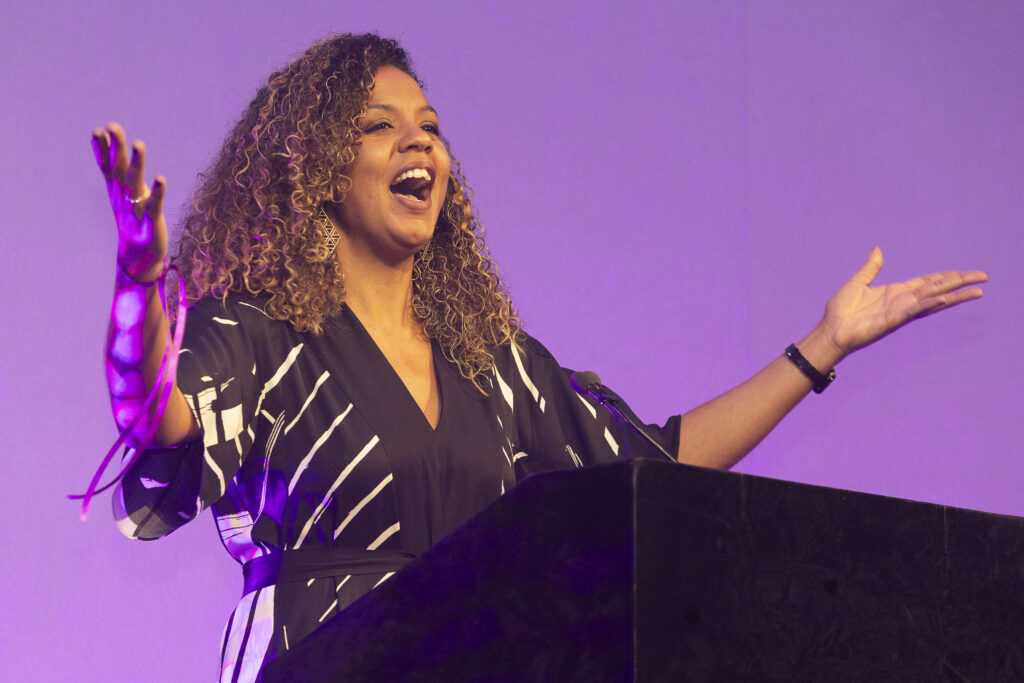
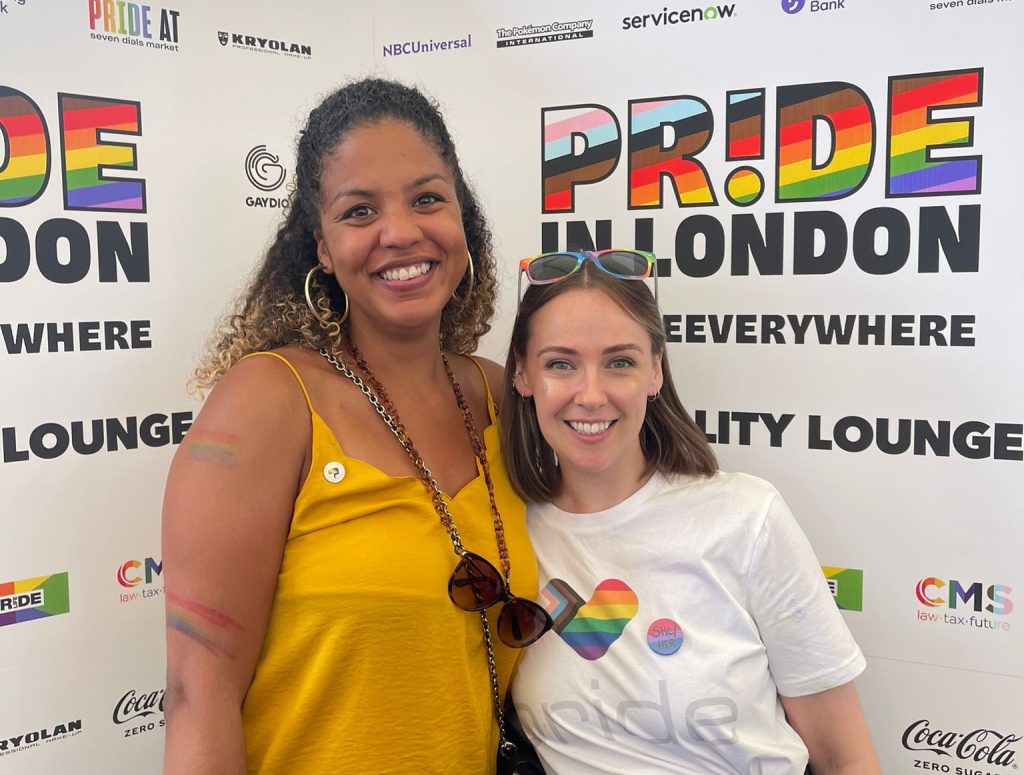
In Summary
Emily Abbam’s leadership has been instrumental in embedding inclusivity into every stage of the employee journey, from recruitment to leadership development. While challenges remain, Rapport is committed to fostering a workplace where everyone feels they belong. Through Employee Resource Groups, leadership accountability, and ongoing education, we continue to drive meaningful change.
Driving DE&I Forward: What Comes Next?
Creating an inclusive workplace is a shared responsibility. How can you contribute to a more inclusive environment at work? Whether it’s participating in Employee Resource Groups, engaging in DE&I training, or championing inclusion in your own team, every action counts. Together, we can build a workplace where everyone thrives.
Need advice on improving your guest or employee experience?
Follow us
Connect with us on LinkedIn, or find us on Facebook & Instagram
